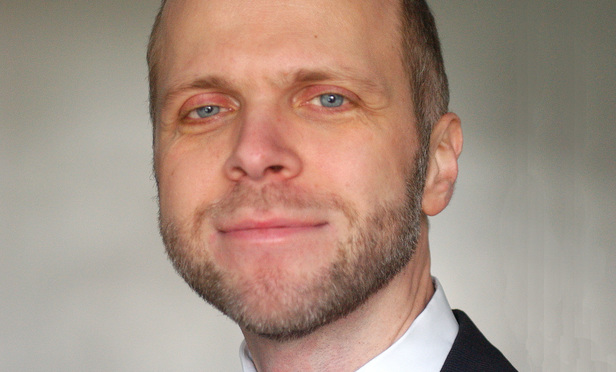There is a cognitive performance study underway involving millions of unwilling participants—it’s called prison.1 Incarcerated men, women and adolescents decompensating behind bars are being forced to test the limits of self-lawyering.2 And yet, the right to be heard ought to be a “basic human need” like the essentials of life. It acknowledges the humanity of the confined and the unnaturalness of confinement. So it is that the cognitive stagnation of prison demands a post-conviction right to be heard through counsel.
Gideon exalted the presumption of innocence for the accused into a right to counsel; Douglas balanced the scales of justice for the indigent on first appeal; but for the prisoner serving time, Bounds and Casey left them a pile of books.3 So it is that the just causes of incarcerated people are buried in silence and ignorance.
This content has been archived. It is available through our partners, LexisNexis® and Bloomberg Law.
To view this content, please continue to their sites.
Not a Lexis Subscriber?
Subscribe Now
Not a Bloomberg Law Subscriber?
Subscribe Now
LexisNexis® and Bloomberg Law are third party online distributors of the broad collection of current and archived versions of ALM's legal news publications. LexisNexis® and Bloomberg Law customers are able to access and use ALM's content, including content from the National Law Journal, The American Lawyer, Legaltech News, The New York Law Journal, and Corporate Counsel, as well as other sources of legal information.
For questions call 1-877-256-2472 or contact us at [email protected]



